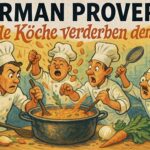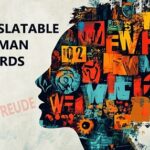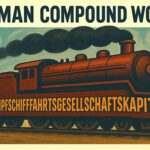Concluding our series, Part 4 presents the final batch of German idioms that encapsulate the language’s charm and expressiveness. From “Es ist mir Wurst” to “Lügen haben kurze Beine,” these phrases offer a glimpse into German humor and pragmatism. Dive in to complete your idiomatic journey.
Sich freuen wie ein Schneekönig
Literally: to be as merry as a snow king
English equivalent: to be head over heels happy about something

Zu viele Köche verderben den Brei
Literally: too many cooks spoil the broth
English equivalent: if too many people are involved in a task or activity, it will not be done well
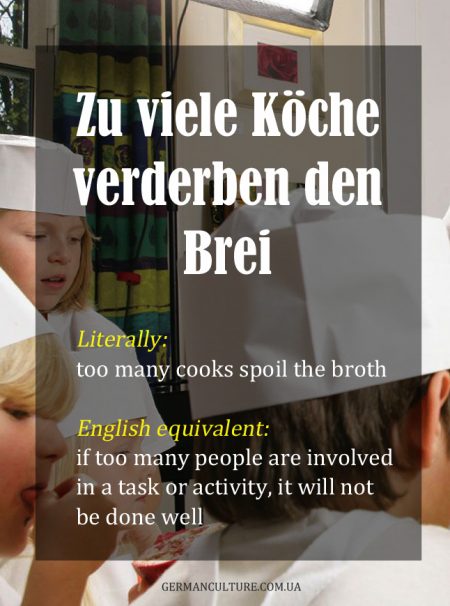
Nicht alle Tassen im Schrank haben
Literally: not to have all cups in the cupboard
English equivalent: to be crazy
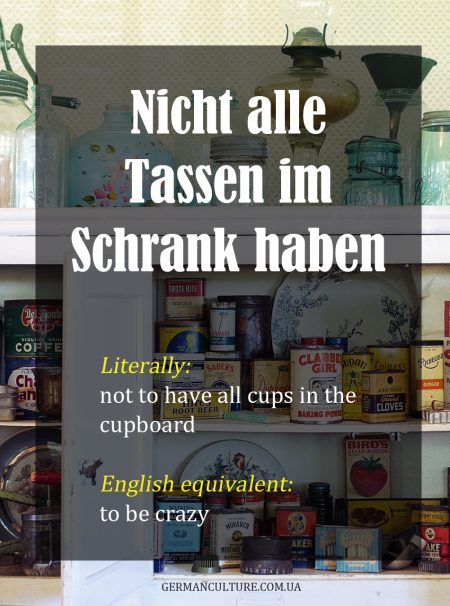
Das Leben ist kein Ponyhof
Literally: Life is not a pony farm.
English equivalent: Life isn’t fair.
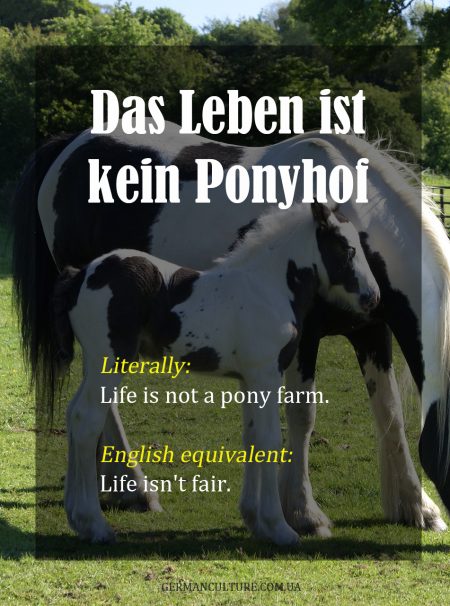
Die Nase voll haben
Literally: to have a nose full of something
English equivalent: to be fed up with a particular situation
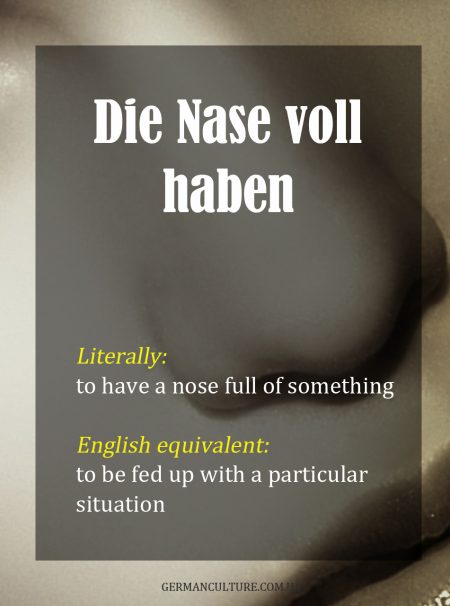
Hopfen und Malz ist verloren
Literally: hop and malt is lost
English equivalent: to give up hope
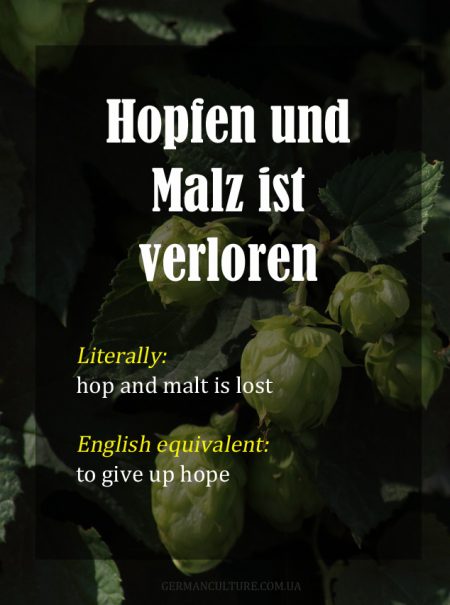
Es ist mir Wurst
Literally: It’s sausage to me.
English equivalent: It doesn’t matter to me.
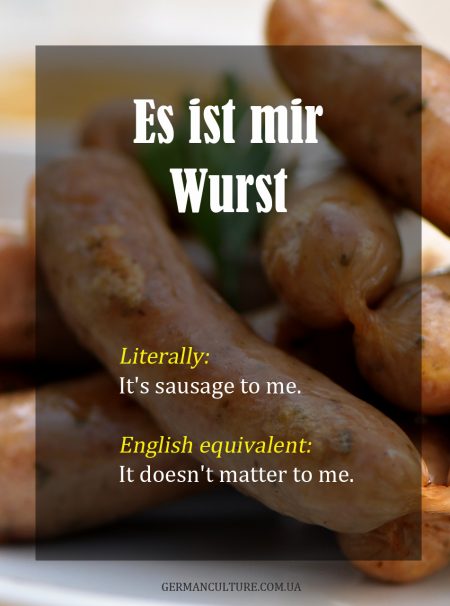
Lügen haben kurze Beine
Literally: Lies have short legs.
English equivalent: Stretching the truth might work in the short term, but it won’t last.
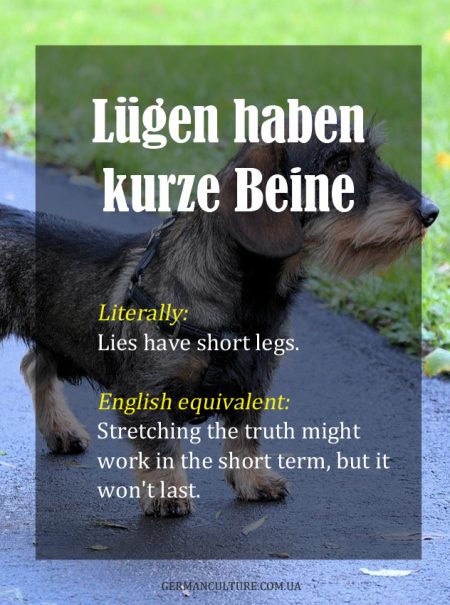
Related Articles:
German Idioms – Part 1: Everyday Sayings Explained
German Idioms – Part 2: More Quirky Expressions
German Idioms – Part 3: Insightful Sayings Uncovered
12 Food-Related German Idioms
Untranslatable German Words You Need to Know
German Proverbs and Their Meanings
Bizarre German Idioms and What They Mean
